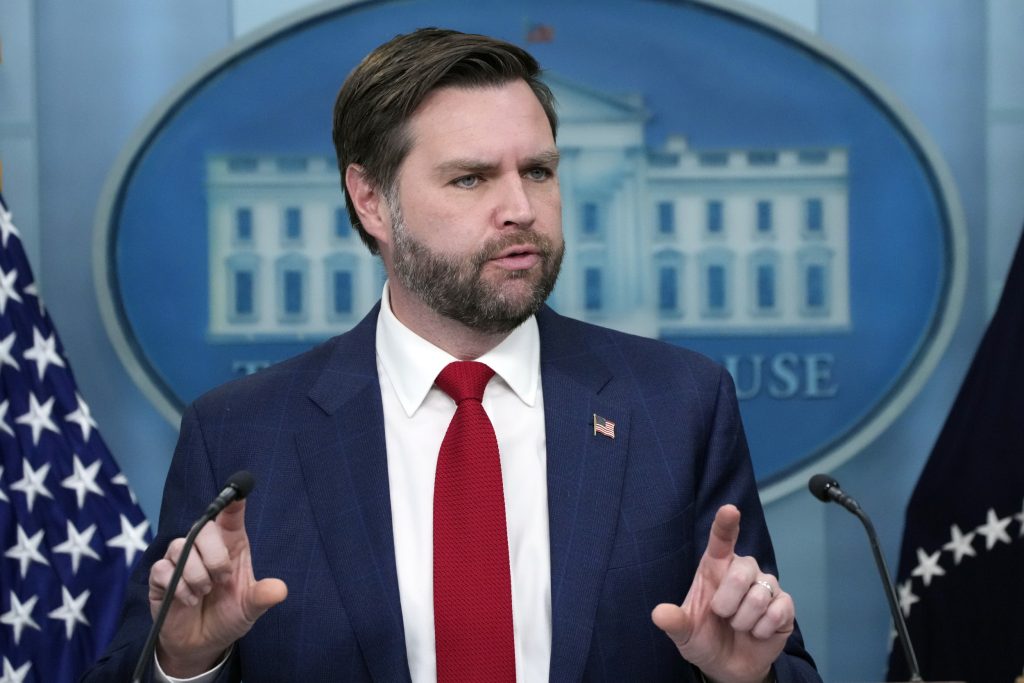JD Vance’s Comments Spark Debate on Judicial and Executive Power
JD Vance, a prominent political figure, recently sparked a heated debate with his comments on the role of judges in relation to the executive branch of the U.S. government. Vance argued that judges should not interfere with the executive branch’s legitimate power, using examples such as courts ordering generals or the attorney general. His statements drew swift backlash from legal experts and Democratic leaders, who accused him of disregarding the constitutional principle of the separation of powers.
Understanding the Three Branches of Government
The U.S. government is structured into three branches: the executive, legislative, and judicial. This system, outlined in the Constitution, ensures that each branch has distinct responsibilities and checks and balances over the others. Vance’s comments came amidst several court rulings that blocked parts of the Trump administration’s agenda, leading to concerns that the administration might ignore these judicial decisions, potentially triggering a constitutional crisis.
Vance’s Arguments and the Policies in Question
Vance contended that the judiciary is overstepping its bounds by interfering with executive actions, such as changes to birthright citizenship or the Department of Justice accessing Treasury data. His views are supported by figures like Tom Cotton and Adrian Vermeule, who also criticize judicial interference in executive decisions. They argue that such interference threatens the balanced distribution of power.
Counterarguments Highlighting the Judiciary’s Role
Legal experts and Democratic leaders, including former U.S. Attorney Joyce Vance, countered that the judiciary’s role is essential in ensuring executive actions comply with the Constitution. They emphasize that without judicial oversight, the executive branch could wield unchecked power, undermining democracy. These critics argue that courts are a crucial check on executive authority, especially when the other branches may not provide adequate oversight.
Perspectives from Both Sides of the Debate
While Vance and his supporters argue for judicial restraint, critics like Governor JB Pritzker and MSNBC’s Katie Phang assert that Vance’s stance disregards constitutional principles. They warn that ignoring court rulings could erode the rule of law. The debate underscores the tension between executive authority and judicial oversight, with each side presenting compelling arguments based on constitutional interpretation.
Potential Implications and Future Outlook
As legal challenges to Trump’s policies move through the courts, the Supreme Court, with its conservative majority, may ultimately decide the fate of these initiatives. While current lower court rulings have halted some of Trump’s directives, the final outcomes remain uncertain. Experts caution that neglecting judicial decisions could precipitate a constitutional crisis, highlighting the need for a balanced approach that respects the separation of powers while addressing executive authority.
In summary, Vance’s comments have ignited a critical discussion about the boundaries between the executive and judicial branches. The debate not only reflects ongoing political tensions but also touches on fundamental principles of U.S. governance, emphasizing the importance of checks and balances in maintaining constitutional integrity.












